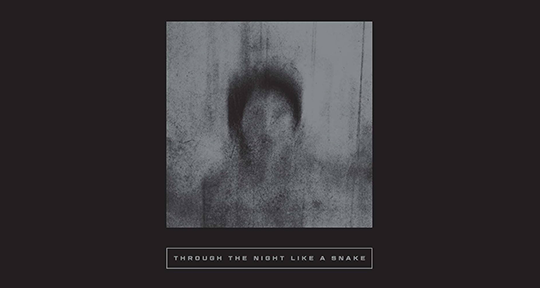Through the Night Like a Snake: Latin American Horror Stories, Two Lines Press, 2024
For some time now, Latin American literature has engrossed readers with magical realism, fantasy, surrealism, and most recently, horror. These aren’t necessarily the stories of the region’s most considered authors—Jorge Luis Borges, Gabriel García Márquez, Horacio Quiroga, Amparo Dávila, and other giants among them—but rather the work of bold, fearless, and independent writers who, in the last decade, have honored and twisted these genres in unprecedented ways. Their work represents a new generation of talents, who are redefining their region’s legacy in gothic literature.
Many call it horror. Others, like Carmen Alemany Bay, a literary scholar at the University of Alicante, call it “narrativa de lo inusual”—narrative of the unusual, or the strange, defining a subgenre “in which the reader is ultimately the one who decides what is possible and what is not.” Whatever one wants to call it, the certainty remains that these voices are as powerful as they are unflinching, grounded by a sincerity and authenticity faithful to their geographies; that is to say, these stories are as “unusual” as they are Latin American, which is in part what makes Through the Night Like a Snake all the more visceral.


